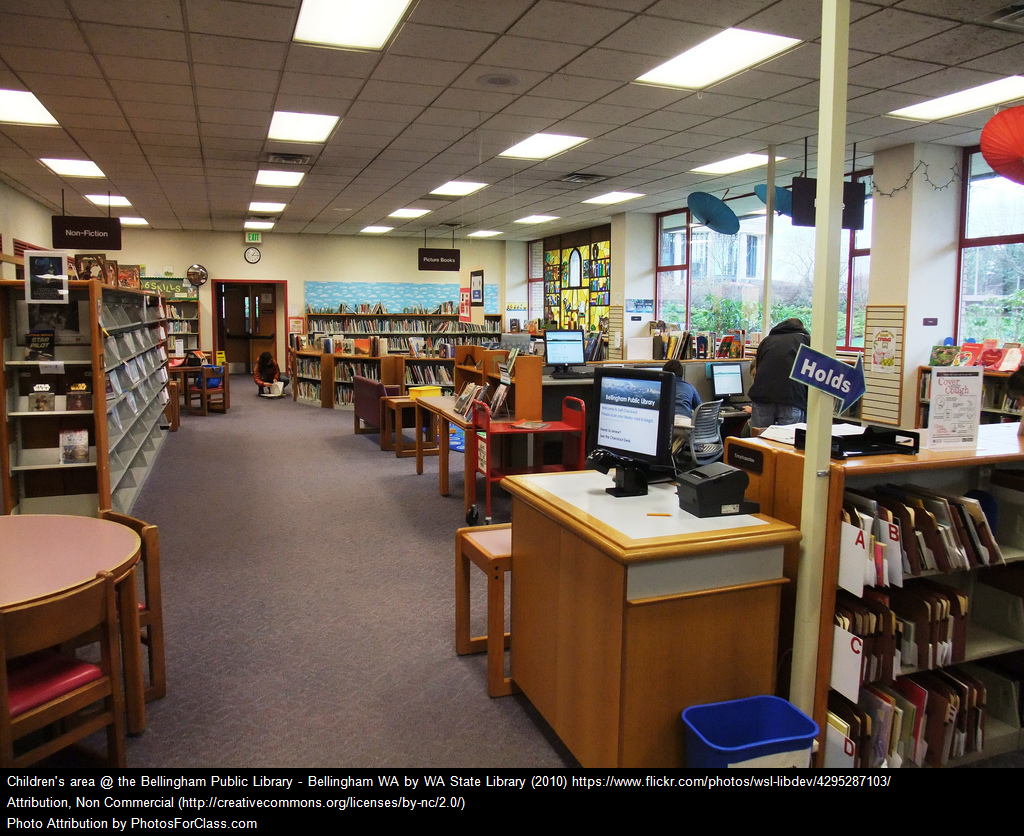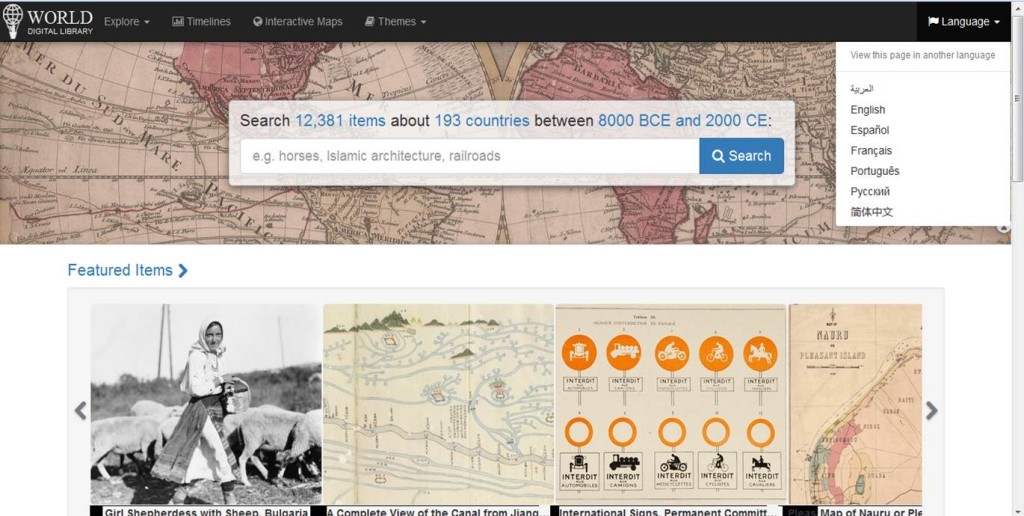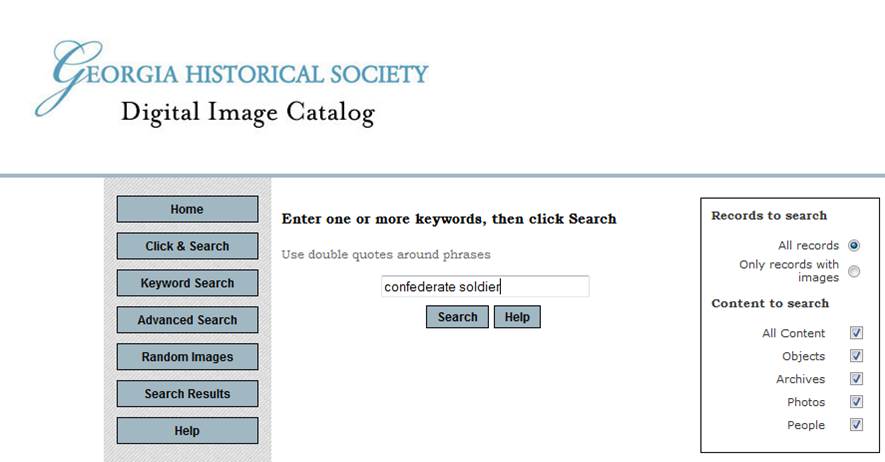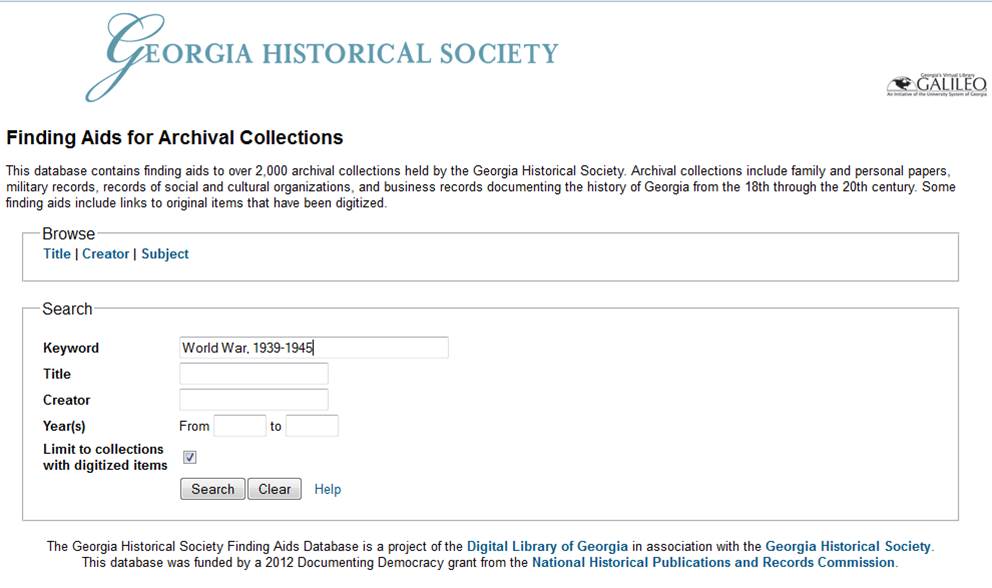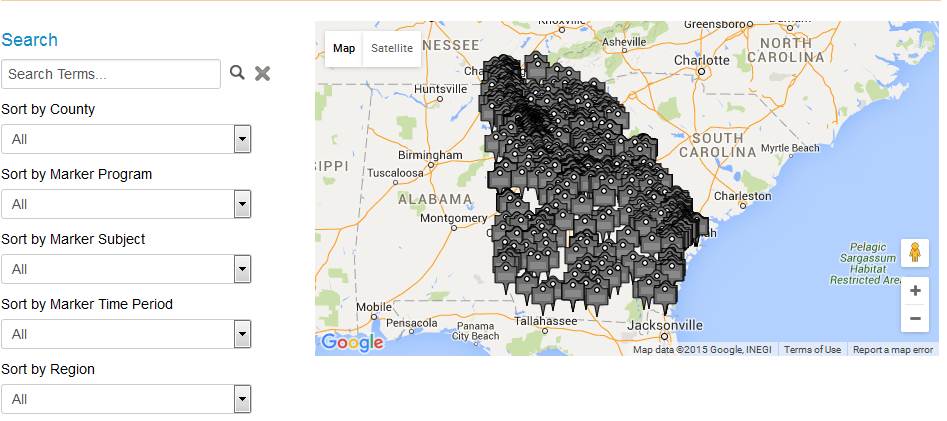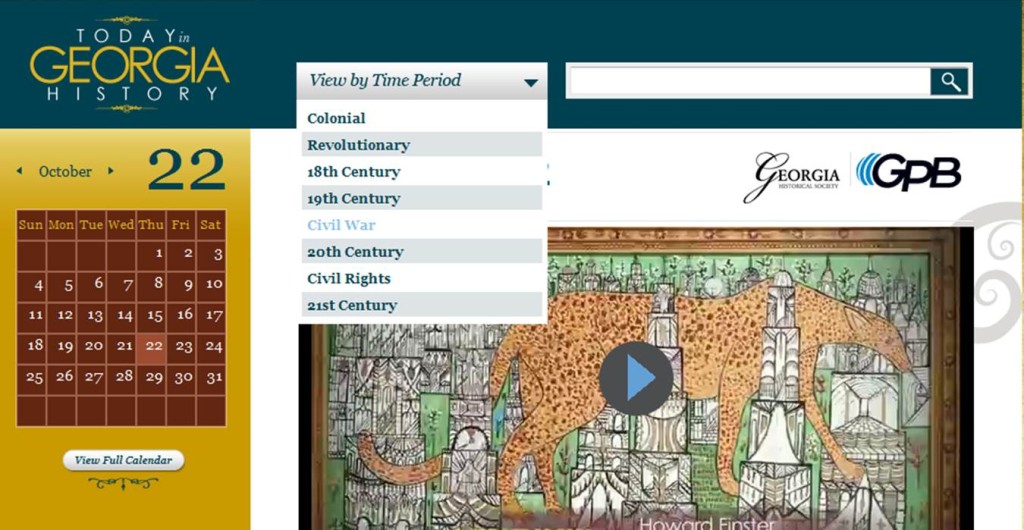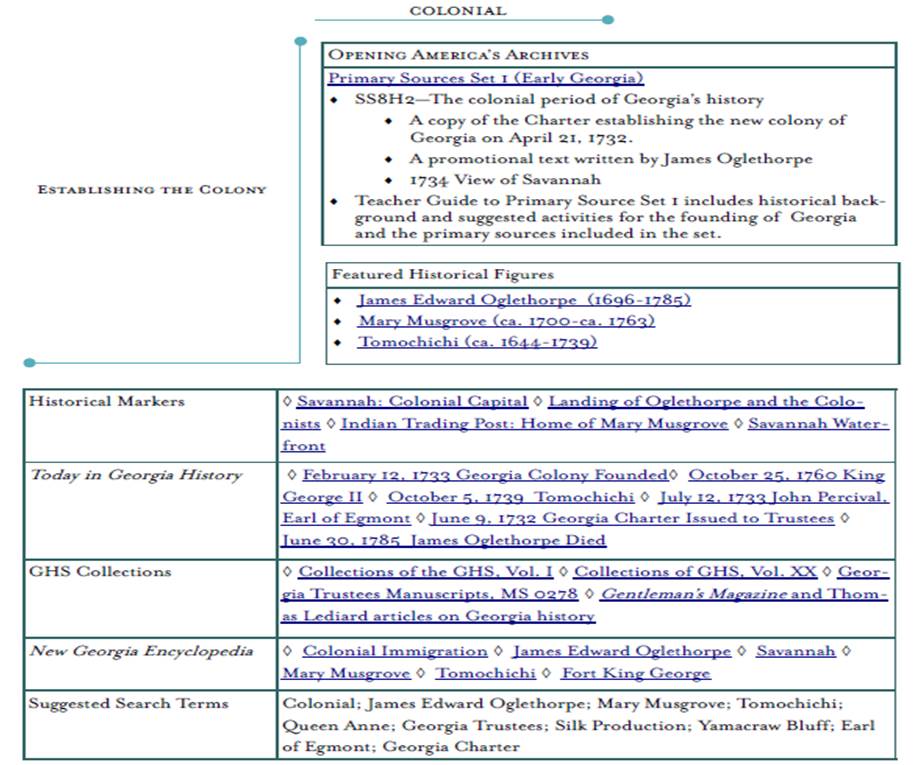This post was adapted from GHS’s session at the 2015 Georgia Council for the Social Studies Conference titled Help! I’ve Been Assigned a Research Project: Supporting Historical Research in Your Classroom.
Preaching to the Choir
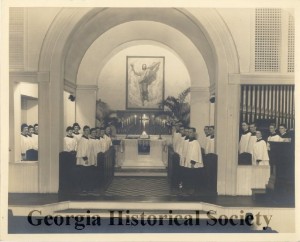
St. Paul’s Lutheran Church, Savannah, Ga. Foltz Photography Studio Photographs, MS 1360.
Before we get to the three tips for supporting historical research in your classroom, I want to do a little preaching to the choir. If you are taking the time to read this blog post, then you probably already believe that historical research belongs in your classroom. You likely already think that there is no better way for students to learn about the past and gain skills for the future than by doing independent research. Students engaged in historical research are required to research, read, think, and write-isn’t that really the goal of humanities education?
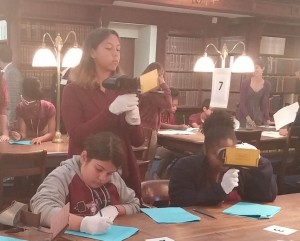 You may also already know that incorporating historical research into the classroom improves student learning. To say it more simply, it works! Over the last two years, GHS has hosted several student groups for research-oriented field trips. It is amazing how engaged the students are when they are working with primary and secondary sources from our collection. Not only are they interested, but they are also inquisitive, and to me, that is the best possible outcome.
You may also already know that incorporating historical research into the classroom improves student learning. To say it more simply, it works! Over the last two years, GHS has hosted several student groups for research-oriented field trips. It is amazing how engaged the students are when they are working with primary and secondary sources from our collection. Not only are they interested, but they are also inquisitive, and to me, that is the best possible outcome.
If you are looking for research showing the impact of historical research on student learning, then visit Edutopia’s Project-Based Learning Research Review or download the results of National History Day’s independent study.
TIP 1: BE REALISTIC
But Don’t Despair
This tip is all about taking time to be reflective before assigning a historical research project. Start with an understanding that the experience will be rewarding but challenging. Next, take time to think about what particular challenges you might face.
Questions to Consider:
- How will the number of students I teach impact my ability to support and grade historical research projects?
- What other time commitments might get in the way?
- What kind of access do my students have to technology and other resources needed to complete the project?
- Do my students have the reading, writing, and language skills necessary to complete a research project?
Ideas for Overcoming Challenges:
Once you understand your unique challenges, you can come up with realistic solutions. I have put together some ideas for overcoming some of the more common challenges cited by teachers.
The Lack of Time Challenge
Pick a realistic final product.
Students will benefit from completing historical research even if the final product is something as simple as a one-page analysis of a primary source or a small poster that will be hung on the classroom walls. Pick a final product that you feel confident students can complete in the time given and that allows you the time to give prompt feedback.
Assess as you go.
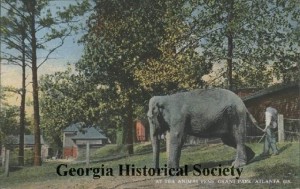
At the Animal Pens. Grant Park, Atlanta, Ga., Georgia Historical Society Collection of Postcards MS 1361-PC-18GrantPark.
Remember, the only way to eat an elephant is one bite at a time. Spread out your grading commitment over several smaller assignments. This will also help you spot students who are struggling and intercede before it is too late.
Sometimes teachers take this idea too far and distort the organic experience of doing historical research. For example, some students are required to turn in a thesis statement very early in the process of completing their project. Real historians develop their arguments after completing extensive research. It is important to narrow down a topic at the start of historical research – but your thesis will develop and change as you interact with primary and secondary sources.
“Historians may begin with one topic, discover another when they do research, and change their minds again when they start writing. As they write, they may redefine their topic, and as they redefine the topic they do more research.” Richard Marius & Melvin E. Page, A Short Guide to Writing About History Seventh Edition.
Example of Small Assignments that Reflect Historical Research
*Broad Topic (time period or theme) with two secondary sources
*Narrow Topic (event, historical figure) with two secondary sources and three primary sources
*Historical Questions based on initial research with three additional secondary sources and at least two more primary sources
*Annotated Bibliography
*Topic Proposal working thesis and broad outline
*Rough draft
*Final Product
Consider Using Rubrics
Rubrics can help make grading final projects more efficient. I googled “history project rubric” and got 9,870,000 results. You can start with a rubric someone has already created and adapt it to fit your needs. Online tools like Quick Rubric and RubiStar can help you quickly build and print rubrics.
Don’t Start from Scratch
Borrow from other teachers and get help from reliable institutions! For a good example of implemented National History Day into the curriculum check out Shelnutt’s Den.
Access to Materials Challenge
Pick a Realistic Final Product
Select a final product that reflects the materials available to you and your students. If you have access to high-speed internet and technology, then consider doing projects that have students engage with those technologies. If your school has limited resources, consider alternative final products.
- live skit vs. videos
- handwritten vs. typed
- poster vs. 3D exhibit
Think Outside the Internet
It is not impossible to complete historical research without access to high-speed internet. Consider having students interact with the following resources instead:
- BOOKS!
- Local historical/cultural institutions
- oral history interviews
Student Ability Challenge
Get Creative with Sources
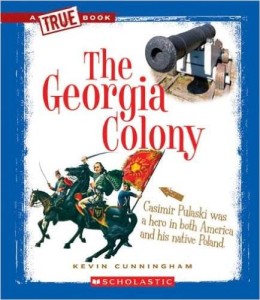 Your students might not be ready to read and comprehend scholarly journals, historical legal documents, or letters written in cursive.
Your students might not be ready to read and comprehend scholarly journals, historical legal documents, or letters written in cursive.
Instead, you can have your students start their research with sources they can handle. For example, have students find children’s books written about their topic. Have students listen to podcasts from experts on the subjects or view documentaries from reliable sources.
ESOL students can benefit from online databases like the World Digital Library that allow users to search archival collections from around the world in seven different languages. The primary sources will be presented in their original language, but students can read all the important details about the document in their native language.
Tip 2: TEACH THE SKILLS
Historical Research Skills for the Classroom
- Selecting a topic
- Effectively searching for sources
- Identifying credible sources
- reading primary and secondary sources for meaning
- asking historical questions
- taking meaningful notes
- organizing ideas
- making arguments based on evidence
Weave Research Skills Into the Curriculum
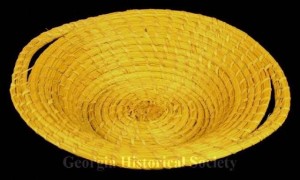
Sweetgrass basket made by Allen Green of Hog Hammock Community, Sapelo Island, Georgia. Georgia Historical Society Objects Collection, A-1361-523
Use the historical research skills you want to teach to develop activities and lessons to teach your standards. You have to teach the standards and prepare students for standardized tests, but that does not mean you can’t make time to teach research skills. Let the research skills help you develop new ways to help students digest the historical content you are required to cover.
For example, show students three online sources related to the standard you are teaching. Two of the sources should be a credible source like an article from the New Georgia Encyclopedia, an excerpt from a book written by an expert on the subject, or an online article from an organization like the Georgia Historical Society. One source should be something questionable, like a blog entry from an unknown author or a really out of date book. Have students explore the sources and tell you which is credible and why. Then provide guided notes to help the students read through the two credible sources. With an activity like this you have covered your standard and helped students identify credible sources, read for understanding, and take notes.
Classroom Activity Idea: Research Quests
Assign students short research quests for databases and websites they are likely to use for their own project. This is an activity GHS uses with school groups that visit our Research Center. Take it another step by having teams compete to successfully complete the most quests in a given time period.
Quest: Find photographs of soldiers during the Civil War on the Georgia Historical Society Digital Image Catalog.
*This quest can help students work on their keyword searching skills and help them become familiar with a credible online resource.
Quest: Find an archival collection with digitized material from World War II on the Georgia Historical Society Finding Aid Database.
*This quest can be useful for teaching students about using LC Subject Headings while searching. You will notice here that the best search for World War II is actually “World War, 1939-1945.” You can also teach students how to use search limiting tools like the digitized items only tool selected here. Also, this database gets students used to interacting with finding aids.
Quest: Find a letter written by a President on the National Archives Catalog.
*This quest can be useful for teaching students how to use advanced search options. The National Archives Catalog includes an option to limit your search to certain data sources. In this case, it would make sense for students to limit their searches to presidential libraries. You will also notice the use of “correspondence” instead of letters to get better results.
GHS Resources to Support Teaching the Skills
Use the Historical Marker Database for Topic Ideas
Help student select local topics with national significance using the Georgia historical marker database or the GHS markers mobile app.
Not interested in a Georgia topic? Check out the Historical Marker Database for markers all over the country.
Get Topic Ideas on Today in Georgia History
Help students find narrow topics by watching Today in Georgia History. You can search by time period or keyword.
Take Online PD Course on Finding Credible Sources
Take a free self-paced course created by GHS to help educators find primary sources from reliable institutions. The Introduction to Primary Sources in the Classroom modules provide tips and tools on researching the Georgia Historical Society, Library of Congress, National Archives, Digital Library of America, Digital Library of Georgia, Internet Archive, and the World Digital Library among others. 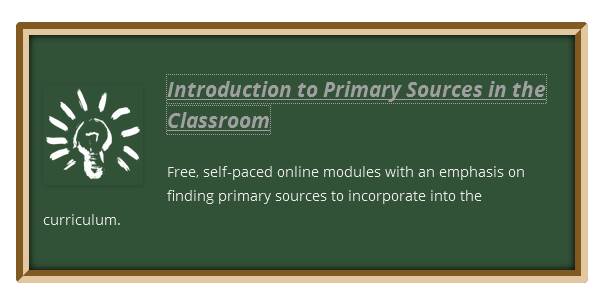
Find Credible Sources with the GHS Educator Web Guide
The GHS Educator Web Guide provides links to GHS resources, historical markers, Today in Georgia History segments, and New Georgia Encyclopedia articles by topic. The guide also offers suggested search terms to help look for primary and secondary sources on other websites.
Watch Videos to Support Historical Research
Explore this blog for videos and other resources created to help support historical research in the classroom.
- Episode 22: Help! I’ve Been Assigned a Research Project. Part 2, Selecting Your Topic
- Episode 21: Help! I’ve Been Assigned a Research Project. Part 1, What is Historical Research?
- Episode 007: THAT’S SO META, PART 2
- Episode 003: That’s So Meta, Part 1
Additional Resources for Teaching the Skills
- The National History Day Mentoring Program at LaGrange College.
- teachinghistory.org (search “research project” for great articles and lesson plans)
- Using Archives: A Guide to Effective Research from the Society of American Archivists.
- National History Day Classroom Connection resources.
TIP 3: ALLOW STUDENT CHOICE
Giving students choice over their topic can help give the students a sense of ownership and excitement about their research project. One of the most important skills a student can learn doing historical research is topic selection. It’s a skill that translates beyond the classroom.
“Defining your own topic is a good discipline. A liberal arts education-including education in history-should teach you to ask questions and ponder meanings in every text and topic you encounter in life. Asking questions, and then still more questions, is an essential part of all historical writing you will do.” Richard Marius & Melvin E. Page, A Short Guide to Writing About History Seventh Edition
It can also be beneficial to give students some choice over their final product, however, remember to be realistic.
Final Thoughts
Your students will benefit from completing a historical research project. That is a fact. It will challenge you as an educator to incorporate historical research into the curriculum. That is also a fact. Remember to follow our three tips to help make your adventure in historical research a success!
Tip 1: Be Realistic
Tip 2: Teach the Skills
Tip 4: Allow Student Choice

